single default
When we first met Janete Mukaramanzi, her story weighed heavily on us. At the time, we were supporting her son through a court case, and he had just been set free.
A single mother of six, Janete survived years of domestic abuse, and struggled to provide for her children alone. “I do not earn a steady income, and I am not among the beneficiaries of the World Food Program (WFP) food rations. I rely on some menial jobs to get by,” she tells us.
We provided her with a $230 relief fund, which she invested in winter cropping. She rented a small plot and planted Irish potatoes and Coco Yams. While the potatoes are nearly ready for harvest, the Coco Yams will mature next year. “I will use the proceeds to buy maize and other necessities, while setting aside some for the family,” she says.
Janete is relieved to have found a way to support her family, bringing them food, hope, and dignity. Her story shows that with the right support, refugee families can achieve food security and independence. Sadly, she will have to return the land to its owner after this season.
Refugees Look to New Leadership
In the wake of Malawi’s September 16 general elections, a sense of optimism has spread through the refugee community. With the re-election of Former President, Professor Peter Mutharika, many see a window of hope—a chance to engage meaningfully with the government on issues that have long been overlooked.
At the heart of this hope is the urgent need to review the 1989 Refugee Act. For decades, restrictive policies have prevented refugees from working freely, or running their own businesses, limiting their ability to provide for their families and contribute to the communities around them. This challenge has become even more pressing following the recent withdrawal of UNHCR and WFP support from Dzaleka, leaving many families vulnerable and uncertain about the future.
As an organization, we share this sense of optimism. we are hopeful and are already strategizing for meaningful engagement with the new leadership, ensuring that refugees’ voices are heard and respected. Please keep us in your prayers as we step into this season of opportunity and responsibility.
Court Interpretation Services
When UNHCR began scaling down its support, court interpretation services was one of the gaps that emerged for refugees navigating the justice system. For many, the right to a fair trial risked remaining nothing more than a promise on paper.
Seeing this, we facilitated the provision of court interpreter services so that language could no longer be a barrier to justice. To strengthen this support, we have welcomed two new translators to our team, ready to step in whenever needed. They will provide the flexibility and expertise that ensures refugees can access justice.